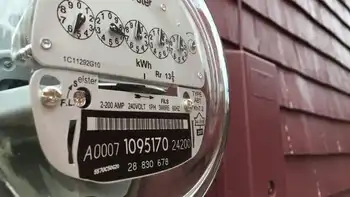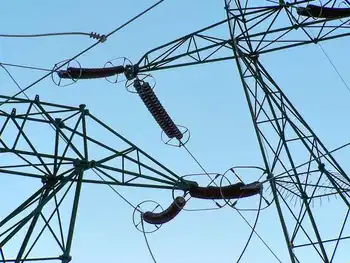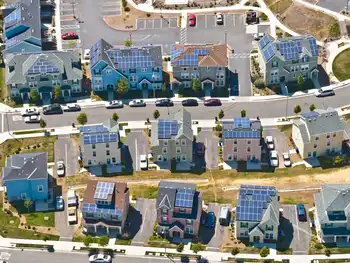Hybrid volt drainage to be studied
By The Detroit News
Arc Flash Training CSA Z462 - Electrical Safety Essentials
Our customized live online or in‑person group training can be delivered to your staff at your location.

- Live Online
- 6 hours Instructor-led
- Group Training Available
To address that issue, the Michigan Public Service Commission announced that it is starting a pilot program to assess how much juice would be drained from the state's electricity grid from plug-in hybrid electric vehicles.
The program will use actual vehicles when available to analyze the effects they have on utility and regional electric systems. The initiative will be part of the commission's Smart Grid Collaborative, which helps assess the state's electricity needs.
"This could radically alter what's happening with the electric grid, so it's important to take a look at this," spokeswoman Judy Palnau said.
The pilot program also will examine how plug-in vehicles could return power to the grid when not being driven.
For example, during the day when electricity needs are at their peak, Palnau said some utility distribution systems could possibly draw power from plug-in vehicles, offsetting the potential drain that occurs when they're recharged overnight.
Some utilities could provide that option without negatively affecting plug-in vehicles' power, she said.
The issue becomes more significant as 2010 approaches, which is when General Motors Corp. plans to roll out the Chevy Volt to consumers.
The Volt has a rechargeable electric drive system with a flex-fuel range extender.
Toyota Motor Corp. also plans to have a plug-in hybrid ready in 2010.
"As the automotive leader of the world, Michigan is uniquely equipped to lead the effort to integrate plug-in hybrid vehicles into its electric grid," Public Service Commission Chairman Orjiakor Isiogu said in a statement.
"The success of plug-in hybrid vehicles is dependent on the deployment of intelligent grid technology."
Studying the issue will help determine how to charge for electricity, specifically power used for electric vehicles, according to the commission.
The commission is inviting the state's utility companies, electricity transmission companies, automakers, the public, customer advocacy groups and others to participate in the program.
Its staff will submit annual reports on the status of the plug-in vehicle program, with the first report due by June 30, 2009.











